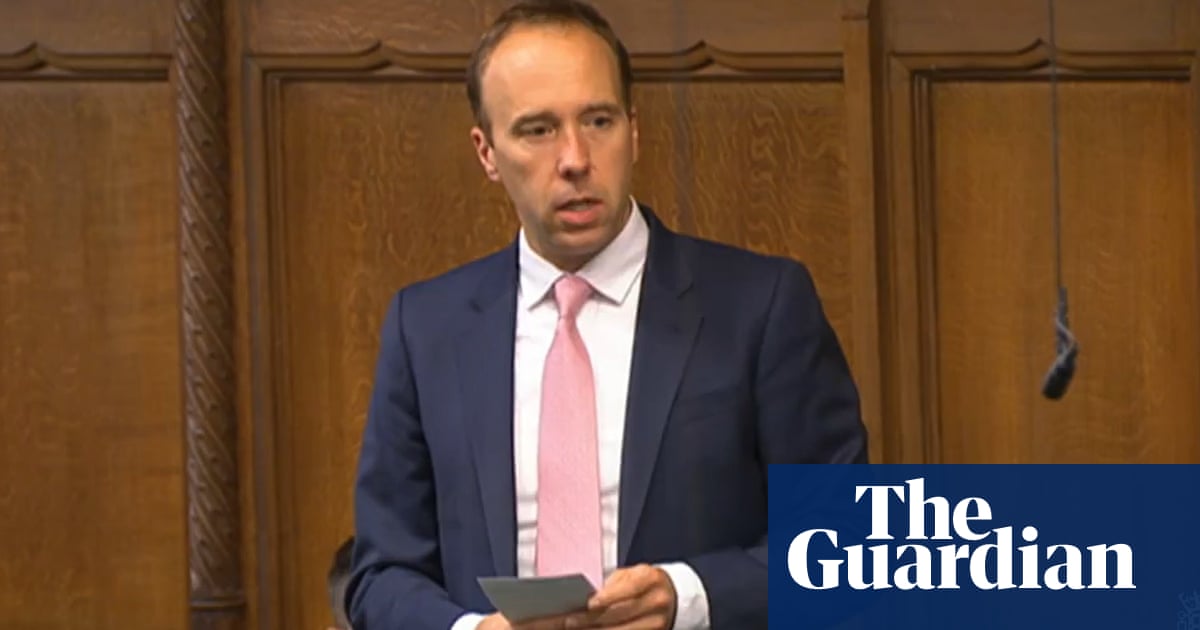
The former chief executive of a company once regarded as one of Germany’s hottest stocks – a payment processing company with ambitions to be a global leader in a world where cash was history – was yesterday bailed from police custody after posting a deposit of €5m (£4.5m), public prosecutors in Munich said on Tuesday afternoon.
Markus Braun, 51, was arrested on Monday on suspicion of falsifying accounts at Wirecard. The once highly rated German business, operating in the go-go financial tech sector, has now admitted to a €1.9bn (£1.7bn) hole in its balance sheet. Braun, who styled himself after Apple’s Steve Jobs, wearing black turtleneck sweaters, is also accused of manipulating the markets.
The Austrian was arrested yesterday evening after presenting himself to police, according to German media, which has described the crash of the internet giant a huge embarrassment for corporate Germany, robbing investors of arguably one of the most important tech firms to have emerged from Europe’s largest economy.
Market watchers have also said it is a blow for share-owning culture in Germany, which has never flourished as it has in comparable economies like the US and Britain.
Braun, known as a brilliant IT fanatic and strategist, was the brains behind the payments firm, propelling it from a payment processing system initially focused on internet casinos and erotic websites to one of the biggest success stories on the German high tech scene. At one point the business was valued at €24bn (£22bn).
But Braun’s apparent fall from grace coincides with Wirecard’s virtual collapse, or what the German tabloid Bild has claimed is “one of the biggest accounting fraud scandals in Germany’s economic history”.
Last week, Wirecard’s shares were worth €100. On Tuesday evening they were changing hands at €17.
Braun, who still owns around 7% of the firm’s shares and lost €600m in a day when its shares plunged last week, stepped down on Friday “with immediate effect” after the hole in the company’s 2019 accounts was revealed.
His former right-hand man, Jan Marsalek, who had managed the day-to-day running of the company, was fired by the board of directors, who admitted that the DAX-listed company’s missing billions, supposedly held in fiduciary accounts in Asia, “in all probability” never actually existed.
On Friday, the Philippine banks BDO Unibank and Bank of the Philippine Islands said that contrary to the company’s insistence that it held money there, Wirecard was not one of its customers. Documents supposedly proving evidence of the accounts had apparently been forged, according to external investigators.
Also in the frame over the scandal are a former Wirecard financial manager in south-east Asia and a former trustee who was in charge of managing the alleged business with third-party companies, which it is now believed in large part never existed.
German investigators are working on the assumption that there were accessories or accomplices to the falsifications operating in Wirecard’s German headquarters.
Munich prosecutors had been investigating Braun for weeks ahead of his arrest, but initially only on the suspicion he had given investors false information in two ad-hoc reports. Now Braun must report to the police every week.
Wirecard, founded in Aschheim in southern Germany in 1999, is not a widely known brand, despite being integral to the processing of billions of transactions a year. It handles the payments between retailers and the end customer, mainly in online retail, for which technology global demand has been growing. The company has an annual turnover of more than €2bn, makes €1m a day profit and has 5,800 employees and more than 313,000 customers. It has operated across all continents since 2017, with subsidiaries from Brazil to India.
But questions had been asked about company inconsistencies for years, including over Wirecard’s repeated delays in presenting its accounts. With the company now likely on the verge of collapse, there may yet be embarrassing revelations about why financial supervisory bodies, such as the financial reporting enforcement panel – often referred to as the “balance police” – or the Deutsche Börse did not intervene.
Reports in the Financial Times, which has regularly voiced scepticism about Wirecard, often triggered an angry response in German financial circles. Indeed, Germany’s BaFin financial watchdog initiated an investigation into the FT’s reporters on suspicion of market manipulation. They also stopped bets or “shorting” on the falling stock price.
But short sellers none the less cashed in when Wirecard’s value began to fall.
German financial experts say the affair will do nothing to restore Germans’ trust in their national stock market, after recent scandals involving Deutsche Bank and Commerzbank took their toll on public confidence in shares as a reliable form of investment and retirement provision.
Until last Wednesday, when details of the investigation came to light, much hope had been placed on the managers at Wirecard to have finally forged a German global player fit for the future. It was refreshingly outside the fields of machine engineering or car manufacturing that are traditionally dominated by German companies, and instead firmly placed in the world of digital capitalism. Now those hopes appear to have been dashed.












